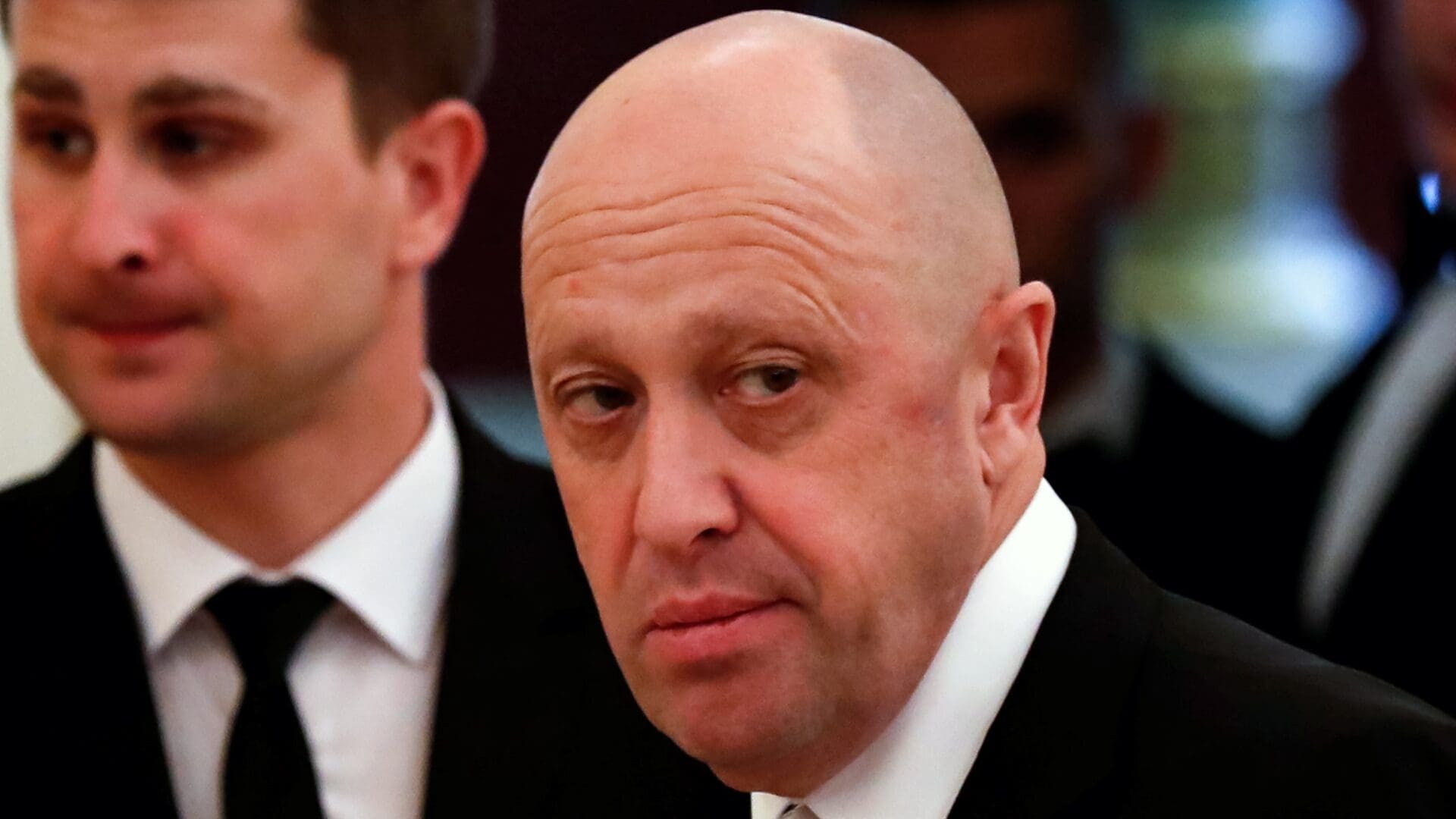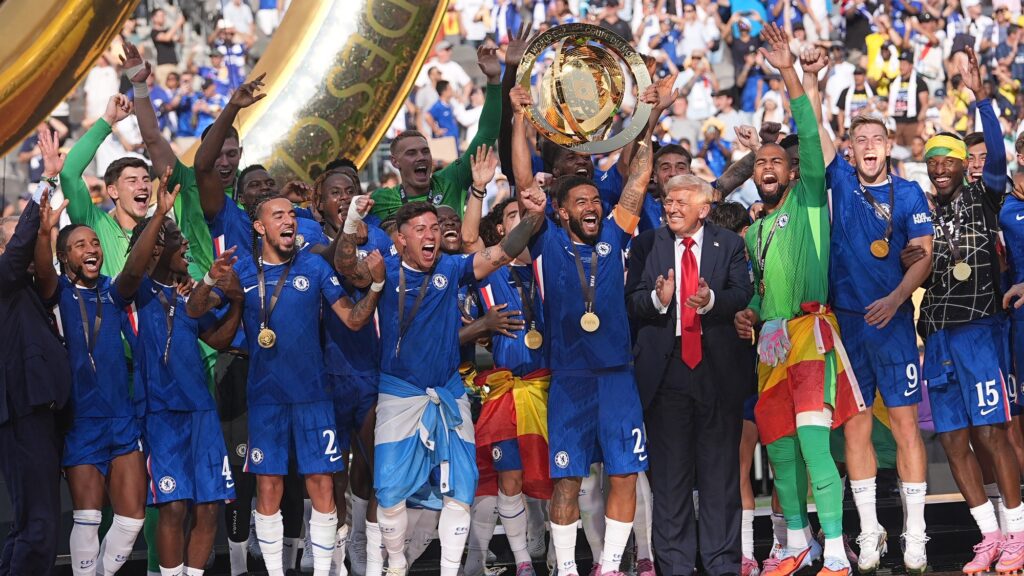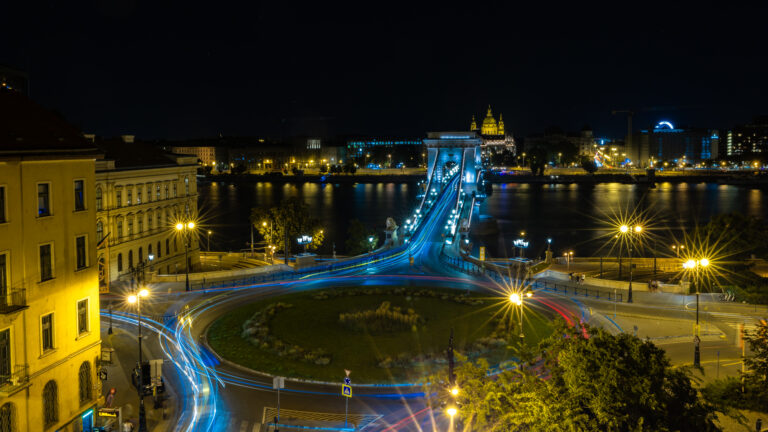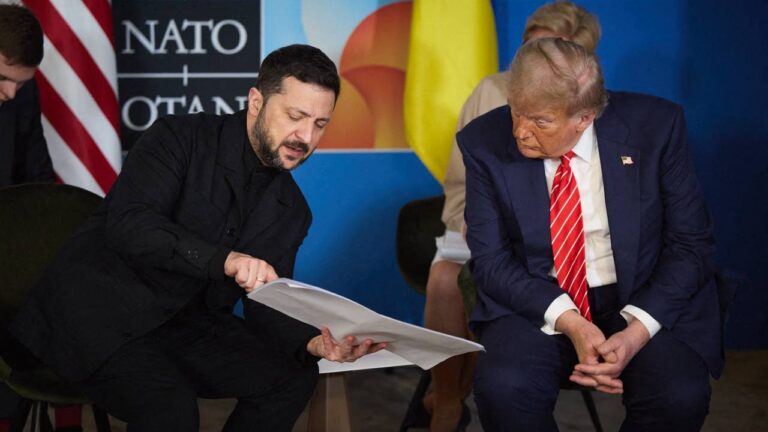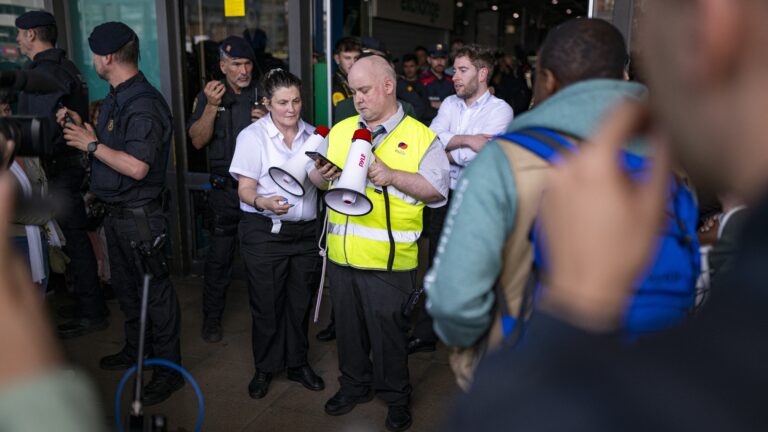During this weekend’s tumultuous events in Russia, the sentiment arose among some observers that Prigozhin’s actions were a cause for celebration. Many welcomed the apparent weakening of Putin’s grab on power due to the mutiny, while some saw it as an opportunity for Russia to get rid of him. As the armed rebellion came to a sudden and twisted end, commentators mourned the alleged missed opportunity to see this ‘better Russia’ manifest itself. One of the most vocal proponents of this sentiment was Mikhail Khodorkovsky, once known as one of Russia’s most powerful oligarchs, now known in the West (for some inexplicable reason) as one of the authoritative figures of the Russian opposition in exile.
In an op-ed published on The Economist, Khodorkovsky wrote: ‘As the mutiny unfolded, I suggested that Russia’s democratic anti-war opposition should welcome the opportunity that it presented, not because Mr Prigozhin is our friend or ally—a thug and war criminal, he is anything but—but because Mr Putin’s fall can only be brought about by force.’ Yet it is unclear
how and why could have Prigozhin’s victory or even just the removal of Putin furthered the dawn of a democratic Russia.
It is naïve to think that Prigozhin’s leadership (had he taken control of the Kremlin) would have brought about a better situation for Russians or Ukrainians. Albeit just before heading off to Moscow Prigozhin did accuse the Russian military leadership of having built the war on lies, claiming that the conflict could have been avoided if Russia had negotiated with Ukraine and the elite had not wanted to serve its own interests with the war, Prigozhin himself has been known as a loud advocate for the continuation and escalation of the conflict. In fact, he spent the last months crying out for more ammunition and weapons—why would the same man have deescalated the war once he gained full control of those military resources he was violently demanding for months?
Prigozhin’s half sentence about building the war on lies as well as a short, apparently positive, remark on Navalny was so profoundly misunderstood and overthought by commentators that a writer of The Spectator even suggested that ‘it seemed possible that Prigozhin would let Navalny out of jail’. Neither Navalny’s release nor ending the war would have been by any stretch of the imagination plausible had Prigozhin claimed victory. In its blind hatred of Putin, the West failed to recognise the horror Prigozhin’s rule could have meant.
A convict himself who spent almost a decade in prison for violent crimes,
Prigozhin built up an army loyal only to himself. The Wagner Group is illegal (that is, accountable to no state) even under Russian law. Albeit it is far from clear how many people serve(d) in Wagner, Prigozhin claimed (for what it is worth) that up to 32,000 former convicts have served with Wagner and have now returned home. Even though the virtues of the current Russian establishment are undoubtedly questionable, what blindness leads anyone to think that Russia would have been better off under the leadership of a former convict and a violent man who leads his personal army of outlaws and who has been repeatedly accused of war crimes? It seems to be a commonsensical argument that the rule of a violent military dictator would not have served the ideal of a ‘better’ and ‘more democratic’ Russia.
According to The Economist, Russia is currently spending around three per cent of its GDP on the war, whereas Ukraine spends 34–35 per cent of its GDP on the conflict. One of the main reasons Russia spends relatively little on the war machine is the fact that according to the Kremlin’s official rhetoric, what is happening is not a war, but a ‘special military operation’. Prigozhin spent the last months crying for more funding and more weaponry, therefore, it is reasonable to assume that had he won,
the ‘special military operation’ would have been escalated into a ‘war’.
When in charge, Prigozhin and his fellow warmongers could have easily stepped up Russia’s military spending from the current three per cent to much higher. The Ukrainian population that has suffered already enormously under Russia’s aggression would certainly not have benefited from such an increased military spending.
The welcoming of Prigozhin’s mutiny by some left-leaning intellectuals and journalists is even more puzzling considering that the American left has spent much of the past years complaining about one of Prigozhin’s companies—the Internet Research Agency (IRA).
The IRA was the Russian troll farm that was accused of meddling in the US elections in 2016.
Albeit very few of the accusations were actually proven against the IRA, the troll farm that is linked to Prigozhin’s extended media empire was definitely a central actor in the controversy around the alleged Russian influence on the US elections. As a matter of fact, Prigozhin is still wanted by the FBI for conspiracy to defraud the United States. As the IRA at the time was described as a malevolent agent, one that undermines US democracy, it is highly disturbing that some of the very same people who once denounced alleged Russian influence on Washington are now seemed to be supporting the very enabler of that apparent malicious influence—Prigozhin.
In short, the support for Prigozhin or welcoming the mutiny speak of wilful blindness. Prigozhin’s rule or his capture of Moscow would not have furthered the cause of a democratic Russia, neither would it have led to the end of the military conflict. As unperfect as the current Russian leadership is, it is still better than the alternative the world was presented with over the weekend. Especially if the urgent need to end to war is also taken into account. Anyone who wishes peace to be restored as soon as possible could not possibly be in favour of Prigozhin’s victory. If peace is to be achieved soon,
the West needs to come to terms with the idea that it needs to negotiate with the current Russian leadership.

